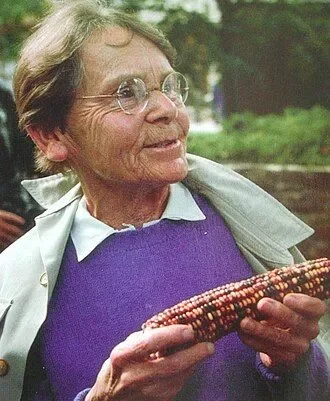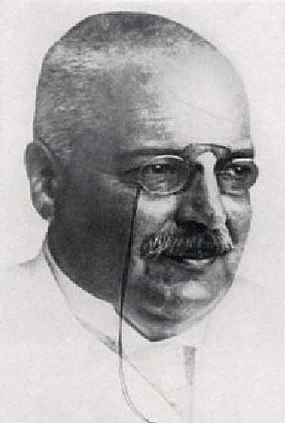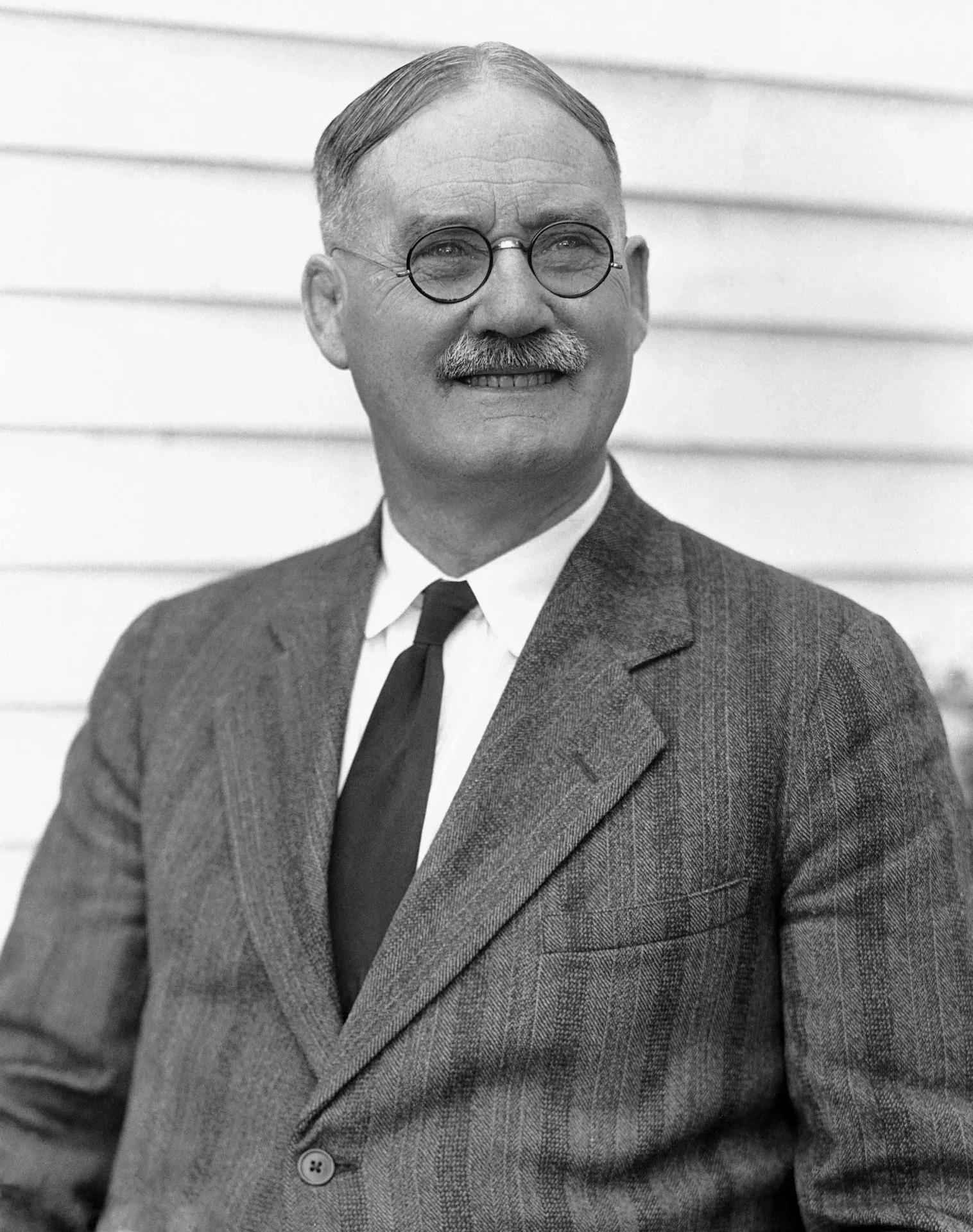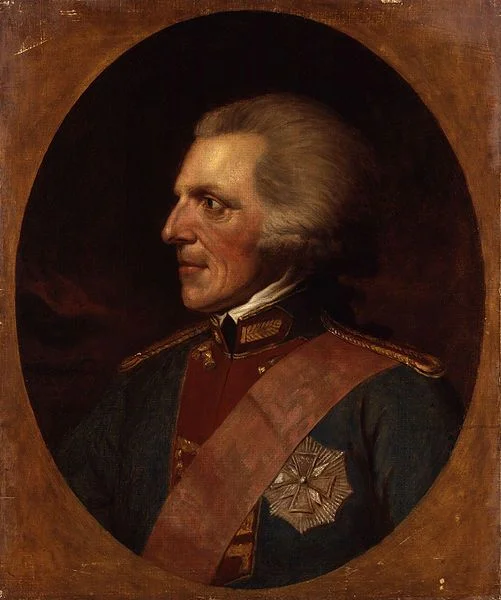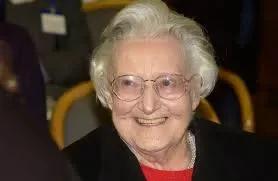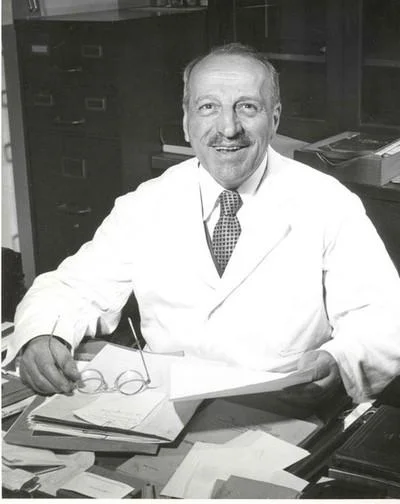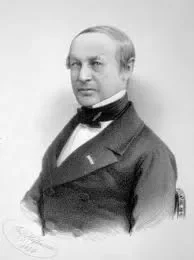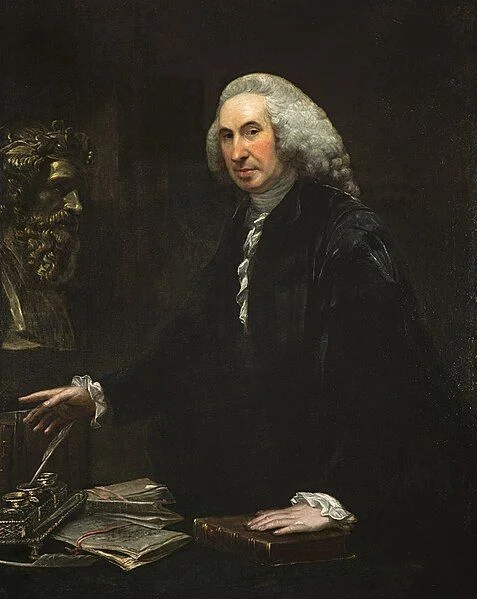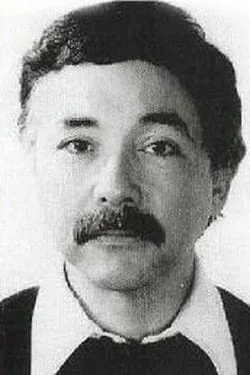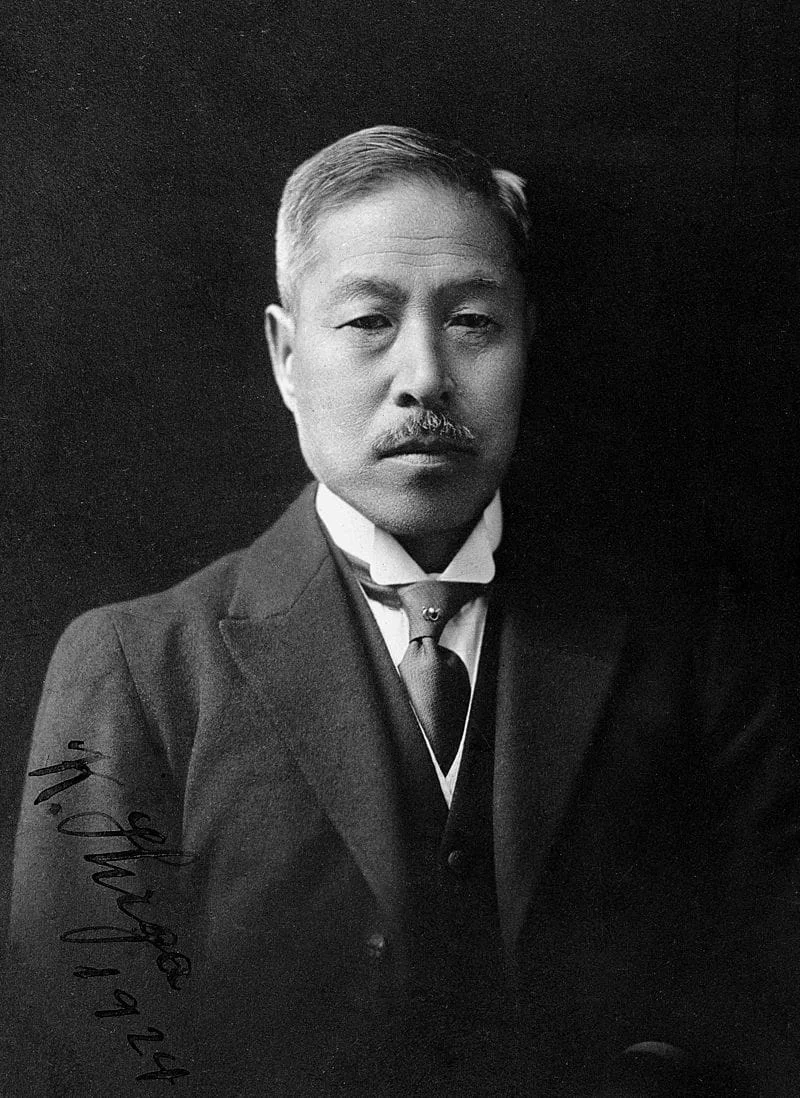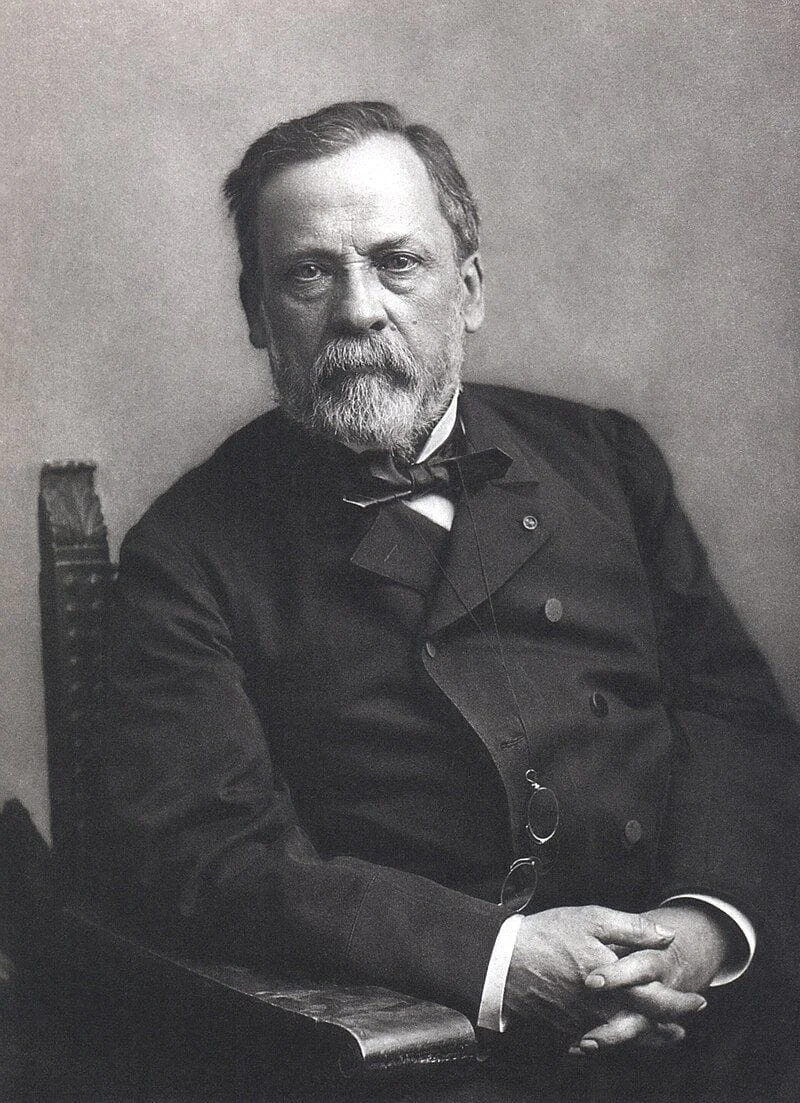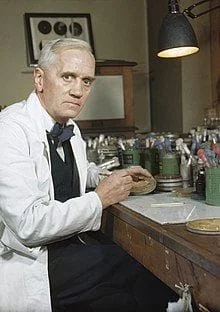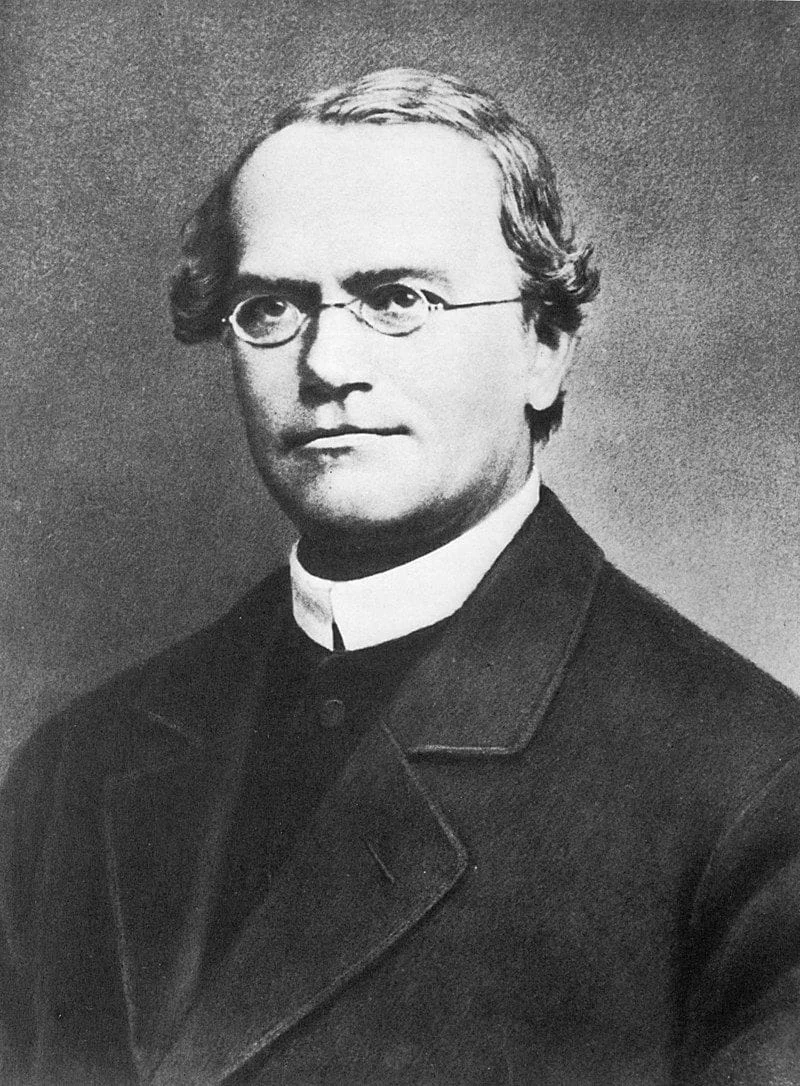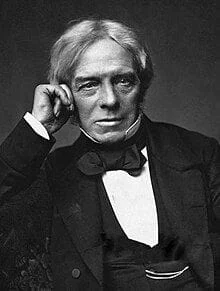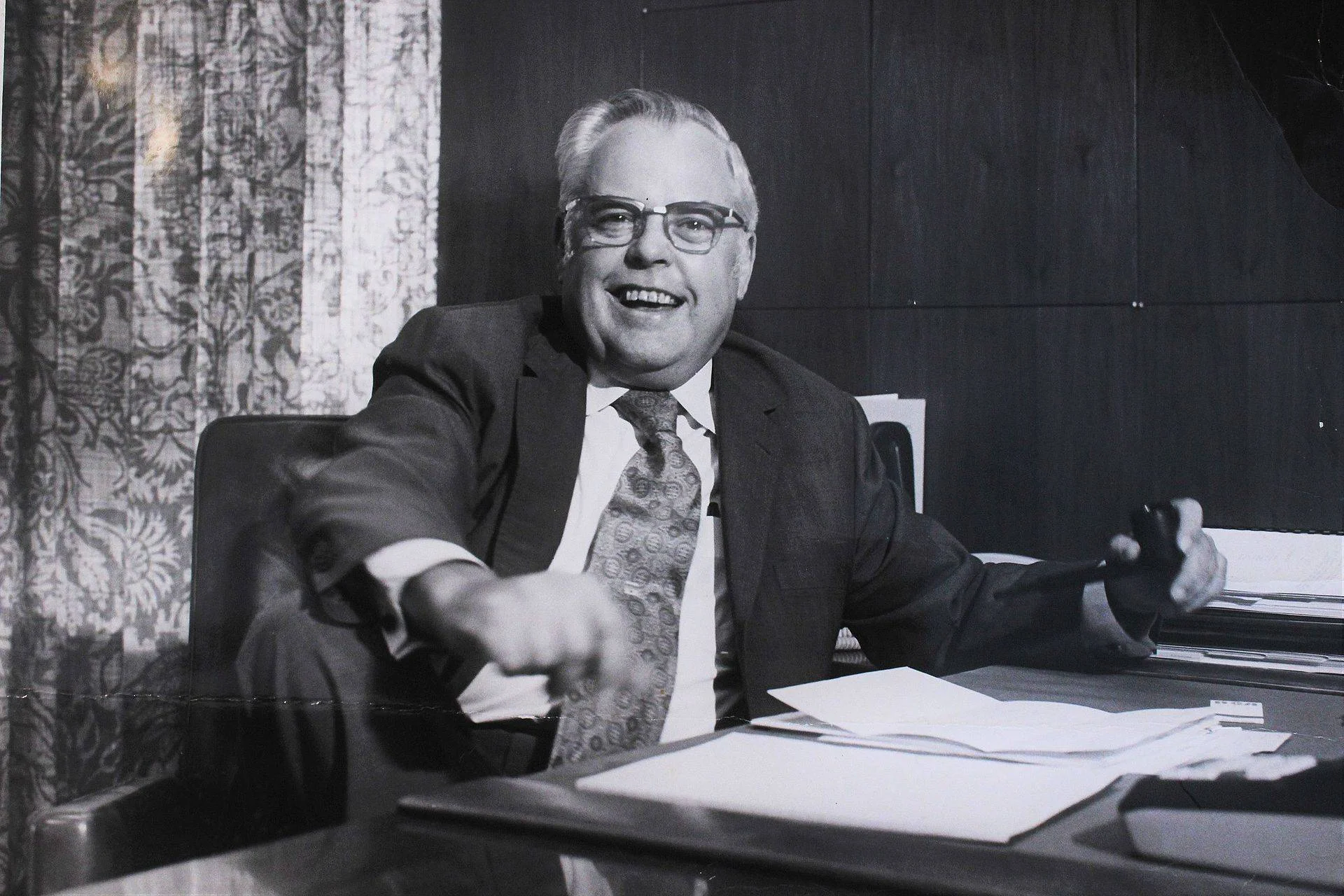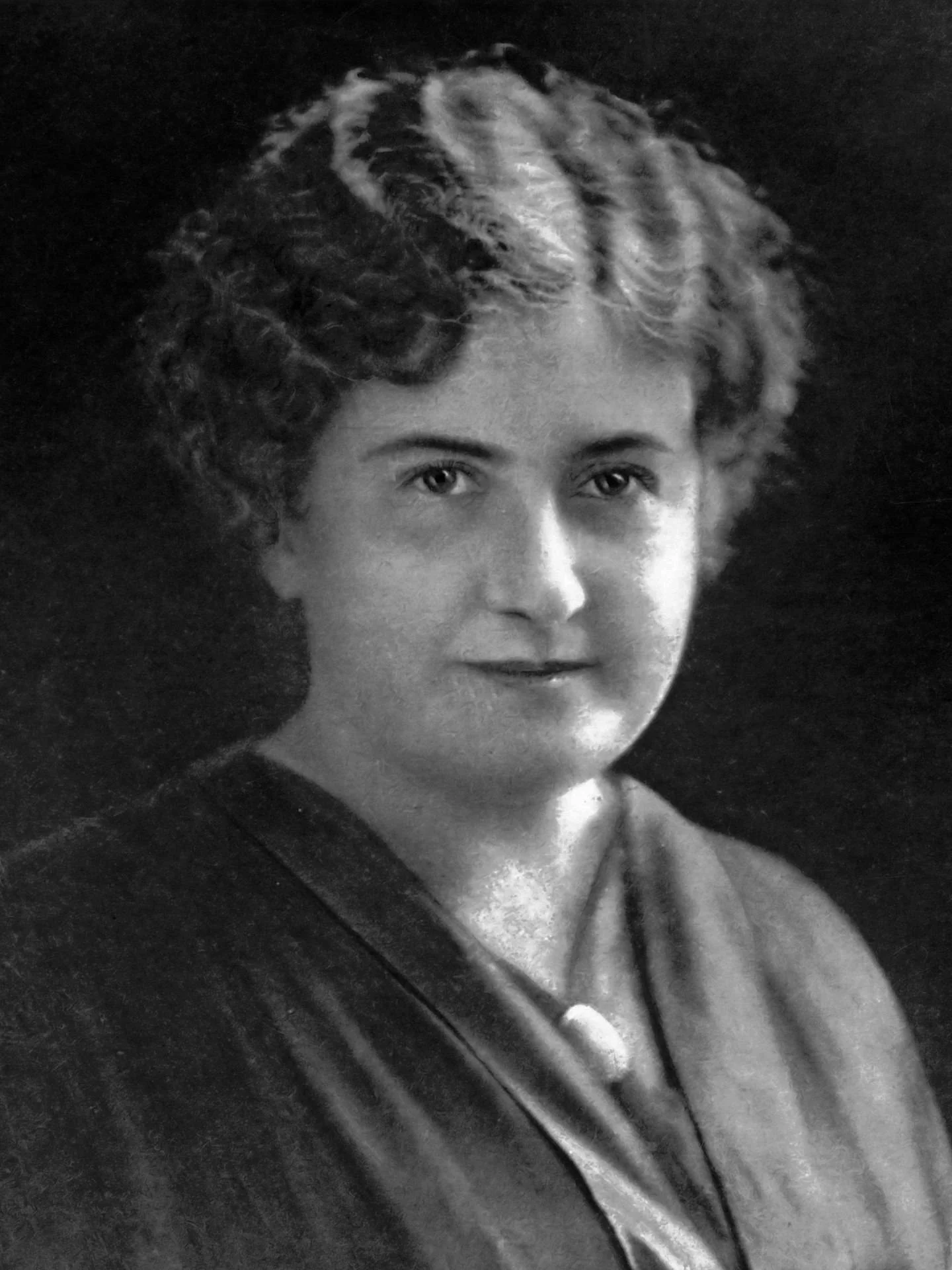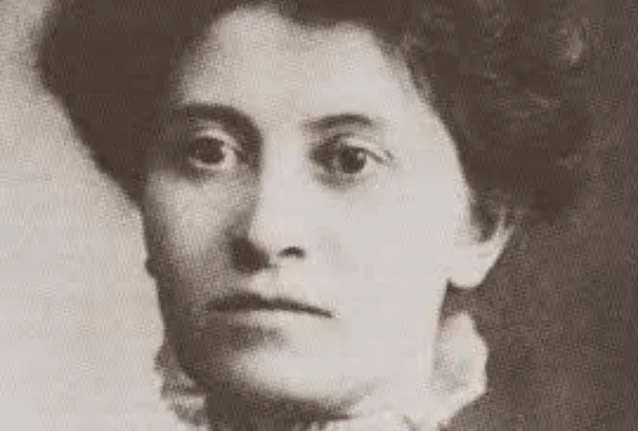Real Celebrities Never Die!
OR
Search For Past Celebrities Whose Birthday You Share
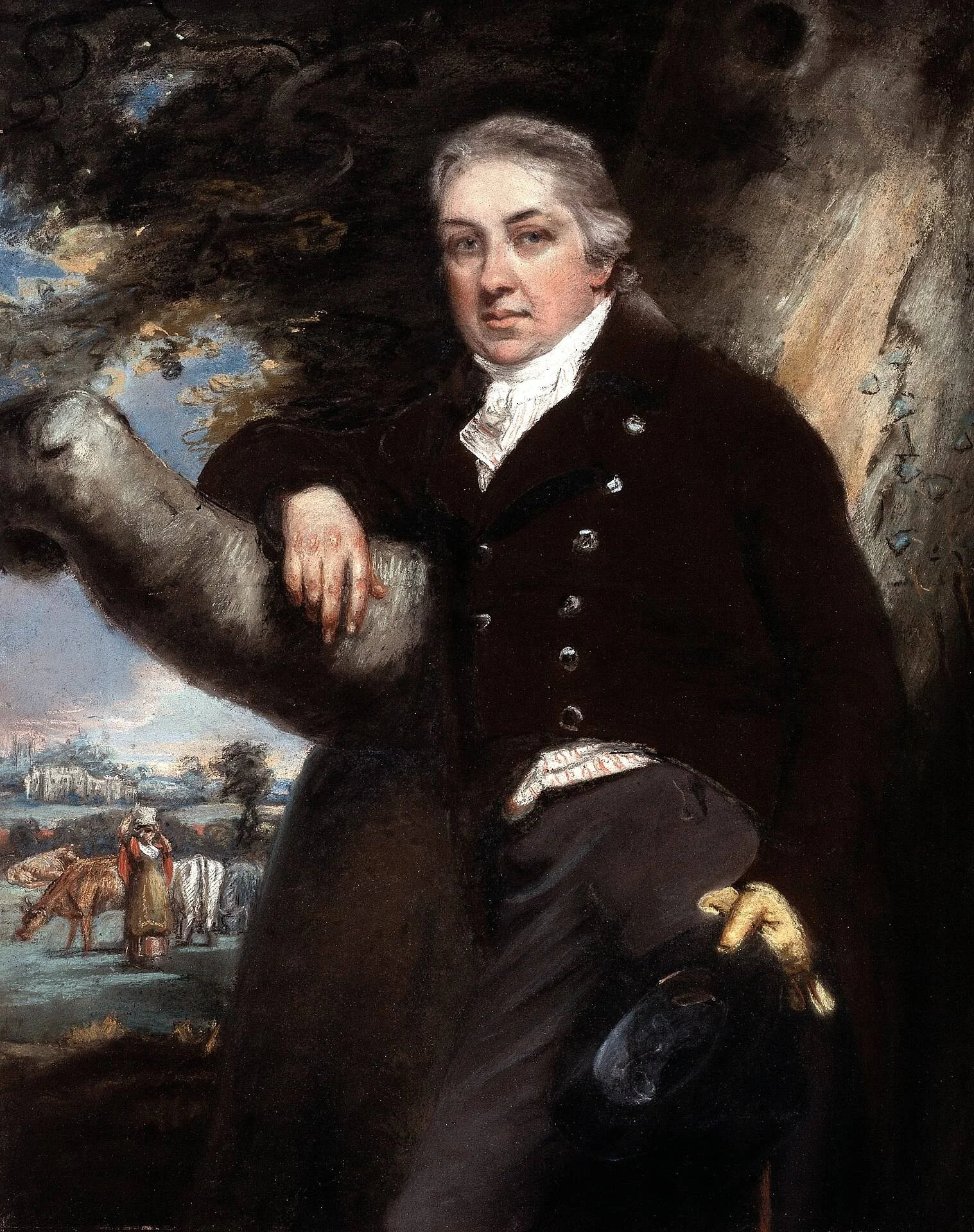
source: wikipedia.org
Edward Jenner
Birthday:
17 May, 1749
Date of Death:
26 Jan, 1823
Cause of death:
Stroke
Nationality:
British
Famous As:
Physician
Age at the time of death:
73
Edward Jenner's Quote's
Introduction: The Father of Immunology
Edward Jenner, an English physician and scientist, is credited with inventing the smallpox vaccine, the world’s first vaccine. Often called the “father of immunology,” his groundbreaking work has saved more lives than perhaps any other human being in history.
Early Life and Medical Training
Edward Jenner was born in Berkeley, Gloucestershire, where his father served as the vicar. After showing an early interest in medicine, Jenner pursued his studies under John Hunter in London. Hunter, a renowned surgeon and anatomist, greatly influenced Jenner’s approach to scientific observation. Jenner then returned to his hometown, becoming a successful physician.
The Discovery of Vaccination
Jenner’s most notable contribution to science came in 1796 when he created the smallpox vaccine. He had observed that milkmaids who had contracted cowpox—a mild disease caused by a virus related to smallpox—seemed immune to smallpox. Jenner hypothesized that inoculating individuals with cowpox matter could protect them from the far deadlier smallpox virus. While he was not the first to suggest a connection between cowpox and smallpox immunity, Jenner’s experiments were more detailed and methodical, solidifying the concept of vaccination.
The Experiment on James Phipps
To test his theory, Jenner conducted an experiment on a young boy named James Phipps. On May 14, 1796, he inoculated Phipps with material from a cowpox sore. After a few days, Jenner deliberately exposed the boy to smallpox, expecting him to remain unaffected. Remarkably, Phipps did not contract smallpox, proving Jenner’s theory of cross-immunity between cowpox and smallpox. This experiment became a defining moment in medical history.
Documenting the Results and Gaining Recognition
Jenner meticulously documented his findings, compiling a series of case studies that provided compelling evidence for the effectiveness of vaccination. His experiments gained recognition from both colleagues and medical authorities. As a result, vaccination quickly became accepted as a safer alternative to variolation, a method of inducing immunity by exposing people to a small dose of the live virus.
Global Impact of Jenner’s Work
In 1798, Jenner published his groundbreaking findings. His work was soon translated into multiple languages, including French and Spanish. Even the King of Spain initiated a widespread vaccination campaign across the Americas and the Far East, further expanding Jenner’s global influence. Despite facing resistance from groups who questioned the safety of vaccinations, Jenner remained steadfast in his efforts, promoting vaccinations and providing them free of charge to the poor.
Vaccination’s Role in Eradicating Smallpox
Jenner’s smallpox vaccine rapidly gained global acceptance, and his work paved the way for the eventual eradication of the disease. Several European royal families encouraged vaccination among their members and subjects, contributing to widespread adoption. His work not only revolutionized public health but also established the foundation for modern immunology.
Legacy and Death
Edward Jenner passed away in 1823, leaving behind an extraordinary legacy. His work continues to be celebrated as one of the greatest medical achievements in history. The eradication of smallpox, declared by the World Health Organization in 1980, is a testament to Jenner’s lasting impact on global health. His contribution to immunology will forever be remembered as a critical advancement that saved countless lives.
Name:
Edward Jenner
Popular Name:
Edward Jenner
Gender:
Male
Cause of Death:
Stroke
Spouse:
Place of Birth:
Berkeley, Gloucestershire, England
Place of Death:
Berkeley, Gloucestershire, England
Occupation / Profession:
Personality Type
Mediator: Edward Jenner was a kind soul who cared so much about helping others which led him to create the smallpox vaccine.
He also made significant contributions to the study of natural history.
He tested his vaccine on an 8-year-old boy named James Phipps.
Jenner developed the first vaccine for smallpox.
Jenner's discovery led to the eradication of smallpox worldwide.
The term "vaccine" comes from the Latin word for cow, "vacca."
Edward Jenner created the smallpox vaccine.
He was awarded the Fellowship of the Royal Society.

